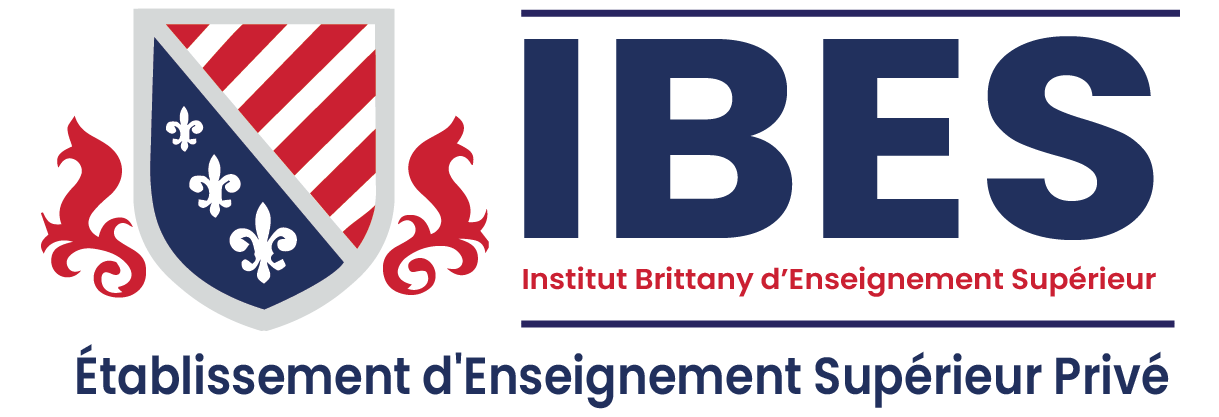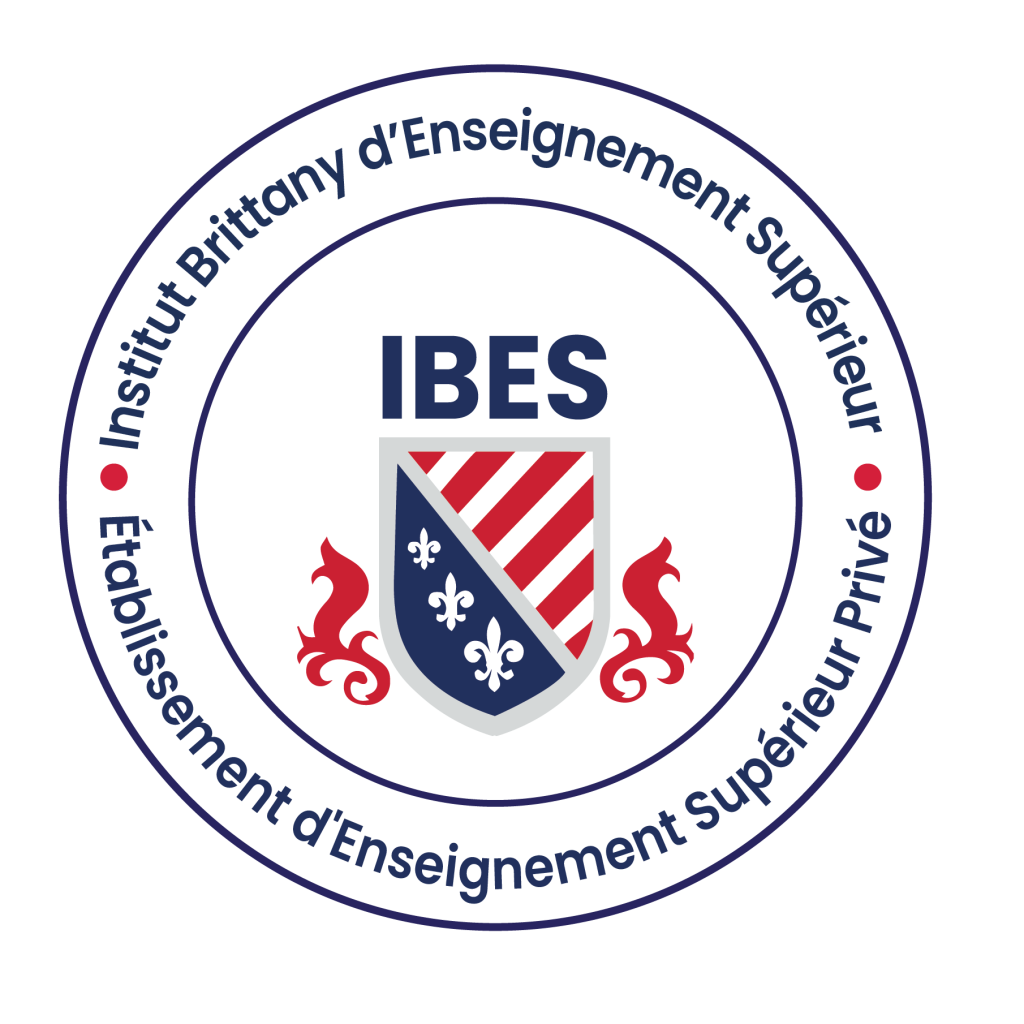The Bachelor of Science (Honors) in Computer Science programme is designed to provide students with an advanced understanding of computer science principles and practices. This programme is ideal for those who have completed a relevant diploma or equivalent qualification and wish to further their knowledge and skills in computer science to enhance their career prospects or pursue further academic study.
Awards to be conferred: Bachelor of Science (Honours) in Computer Science
Dual Award:
- Bachelor of Science (Honours) in Computer Science from IBES – Sample Certificate
- Bachelor of Science (Honours) in Computer Science from IBES – Sample Transcript
- Titulo Propio—Bachelor of Science (Honours) in Computer Science from UCAM Universidad Católica San Antonio de Murcia – Sample Certificate Available soon!
- Titulo Propio—Bachelor of Science (Honours) in Computer Science from UCAM Universidad Católica San Antonio de Murcia – Sample Transcript Available Soon!
Programme Aims
The Bachelor of Science (Honours) in Computer Science is designed to equip graduates with the comprehensive knowledge, technical proficiency, and critical thinking required to thrive in the rapidly evolving digital world. Its core aims are to:
1. Build a Strong Foundation: Provide students with core knowledge in computer science, including programming, algorithms, data structures, systems, and networks, from introductory to advanced levels.
2. Foster Analytical and Computational Thinking: Develop students’ abilities to analyse problems, design effective solutions, and apply computational approaches across a range of domains.
3. Develop Ethical and Responsible Professionals: Instil professional ethics, legalawareness, and a commitment to addressing societal impacts of technology, including data privacy, security, sustainability, and inclusiveness.
4. Cultivate Creativity and Innovation: Encourage original thinking and innovative solution design through hands-on projects, research, and emerging technologies.
5. Promote Lifelong Learning and Industry Readiness: Prepare students for continuous learning, adaptability, and engagement with technological advancements, while supporting career readiness through project-based learning and applied research.
Learning Outcomes
Upon successful completion of the Bachelor of Science (Honors) in Computer Science, learners will be able to:
- Demonstrate a solid and comprehensive understanding of computer science principles across all levels, including programming, databases, networking, operating systems, and software engineering.
- Apply knowledge of algorithms, data structures, computational complexity, and systems architecture to solve real-world computing problems efficiently and effectively.
- Analyse structured and unstructured problems in computing by applying logical
reasoning, algorithmic thinking, and critical evaluation of requirements,
constraints, and trade-offs. - Demonstrate proficiency in designing and implementing software solutions using
multiple programming languages, development paradigms, and platforms. - Plan, manage, and execute projects, including time management, and resource
allocation. - Demonstrate innovation in designing and implementing solutions to complex
problems. - Develop a software application or system that meets specified requirements and
performs reliably.
Assessments
Each module within the programme is designed with clearly defined learning outcomes and assessment methods that are appropriate to the module level. In evaluating student performance across all modules, the following general assessment criteria will be applied:
- Clarity and Structure: The student provides a well-organized and coherent response, demonstrating logical flow and clarity in addressing the assignment or problem.
- Depth and Relevance of Content: The student uses an appropriate and comprehensive range of relevant concepts, theories, and tools applicable to the context of the task.
- Critical Thinking and Analysis: The work reflects the ability to analyse, evaluate, and synthesise information, including critical engagement with ideas and evidence.
- Justification and Argumentation: Arguments are well-supported with appropriate reasoning, examples, or evidence, leading to defensible conclusions or recommendations.
- Technical Accuracy and Precision: The student demonstrates a sound understanding of computing principles with technically accurate and appropriate application of methods, tools, or code.
- Communication and Presentation: The work meets academic or professional standards of written or visual presentation, including formatting, spelling, grammar, and citation.
- Adherence to Guidelines: The submission complies with word count or technical requirements and includes all required documentation or deliverables.
Entry Requirements
A. Minimum Entry Requirements for Admission into Year 1 of the BSc Programme
1. Academic Qualifications
Applicants must have completed upper secondary education that qualifies them for university entry in their respective countries. This is typically equivalent to:
- United Kingdom: A-Levels, RQF Level 3, Scottish Highers
- Germany: Abitur
- France: Baccalauréat
- Spain: Bachillerato
- Other Countries: An equivalent school-leaving certificate that grants university access, generally representing completion of 11–12 years of formal education and aligned with EQF Level 3 or national equivalent.
2. English Language Proficiency
As the programme is delivered in English, applicants must demonstrate sufficient proficiency in the English language. This can be evidenced by any of the following:
- Successful completion of a programme taught and assessed in English, with a minimum duration of six (6) months.
- A minimum IELTS score of 4.0 (or equivalent TOEFL or recognized qualification);
- Completion of a qualification at EQF Level 2 or above that was examined in English.
- A passing score on a regulated English test aligned with CEFR Level B1+ or higher, such as ESOL Awards accredited by the Scottish Credit and Qualifications Framework (SCQF). (Please contact IBES for details.)
Advanced Standing/ Exemptions/ Credits Transfer (APL)
The programme recognises and supports Accreditation of Prior Learning (APL) to allow eligible students to enter at an advanced stage of the degree or gain exemption from certain modules.
Advanced Standing
Students may be admitted directly into Year 2 or Year 3 of the programme based on prior academic achievement, subject to evaluation and approval by the Academic Board. This is commonly granted to students who have completed a recognised diploma, higher diploma, or associate degree in Computer Science or a closely related field.
Exemptions
Module exemptions may be granted where prior certified learning demonstrates that the learning outcomes of specific modules have been met. In such cases, students may be exempted from re-taking equivalent modules.
Credit Transfer
Credit from previous study (typically not older than 10 years) may be transferred toward completion of the degree upon successful verification of:
• Academic transcripts and module outlines
• The awarding institution’s accreditation status
• Learning outcomes equivalency for relevant modules
Conditions
• Applications for APL must be supported by valid academic records and may be subject to a formal mapping or assessment.
• Advanced Standing and Credit Transfer decisions are made at the discretion of the institution and are subject to internal academic review.
• Cohorts regularly admitted under advanced standing will require an established Academic Progression Agreement between institutions
Programme Structure
The Bachelor of Science (Honours) in Computer Science is a three-year undergraduate degree programme structured across foundational, intermediate, and advanced levels. It aims to equip students with a comprehensive understanding of core computer science principles, emerging technologies, practical applications, and research competencies.
The programme is delivered in three stages, with each academic year comprising 60 ECTS credits, totalling 180 ECTS upon completion.
Full Programme Curriculum Overview
Year 1—(60 ECTS)
| Core Modules | ECTS credits |
| Computer Systems and Digital Logic | 10 |
| Discrete Mathematics | 10 |
| Programming Fundamentals | 10 |
| Web Development | 10 |
| Operating Systems | 10 |
| Human-Computer Interface | 10 |
| Total | 60 ECTS |
Year 2—(60 ECTS)
| Core Modules | ECTS credits |
| Object-Oriented Programming | 10 |
| Data Structures | 10 |
| Integrative Programming and Technologies | 10 |
| Networking and Communication | 10 |
| Programming Languages | 10 |
| Computational Theory | 10 |
| Total | 60 ECTS |
Year 3—(60 ECTS)
| Core Modules | ECTS credits |
| Advanced Programming | 7.5 |
| Algorithms and Complexity | 7.5 |
| Database Programming | 7.5 |
| Software Engineering | 7.5 |
| Platforms and Emerging Technologies | 7.5 |
| Artificial Intelligence and Its Applications | 7.5 |
| Applied Project | 15 |
| Total | 60 ECTS |
Mode of Delivery
The B.Sc. (Hons) in Computer Science is offered through two flexible delivery modes to accommodate the diverse learning needs of students:
Mode A: Blended Learning Mode—Each taught module will have a total of 12 hours of face-to-face lectures and 8 hours of online tutoring and online interactions with the Module Leader as well as self-directed online and offline independent learning building on the comprehensive Self-Instructional Module learning materials provided.
Mode B: Fully Online Mode—Each taught module will have a total of 8 hours of Online Learning, tutorials, and interactions with the Module Leader, as well as self-directed online and offline independent learning building on the comprehensive Self-Instructional Module learning materials provided
Location
For the Blended Mode, please Contact Us to find an Approved Learning Centre near you.
For the Fully Online Mode, please Apply Now to sign up for the next available intake.
Duration
The Board of Examiners have the right to terminate any student who does not successfully
complete all the requirements of the programme within 14 months for the B.Sc. (Hons)
programme taken from the date of commencement on the programme unless prior extensions
had been granted by the Board of Examiners.
Pricing
| French Residents Distance Learning |
International Distance Learning |
On Campus |
|---|---|---|
| Final Year Topup (60 Credits)€4,250 | Final Year Topup (60 Credits)€5,500 | Final Year Topup (60 Credits)€8,000 |
| 3 years (180 Credits) € 6,650 | 3 years (180 credits) € 8,600 | 3 years (180 Credits) € 10,000 |


